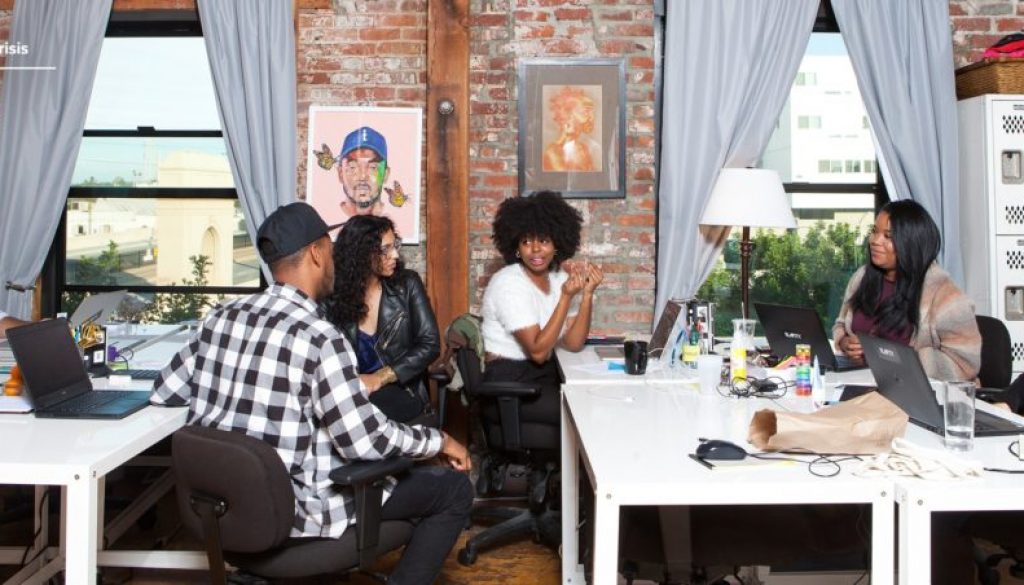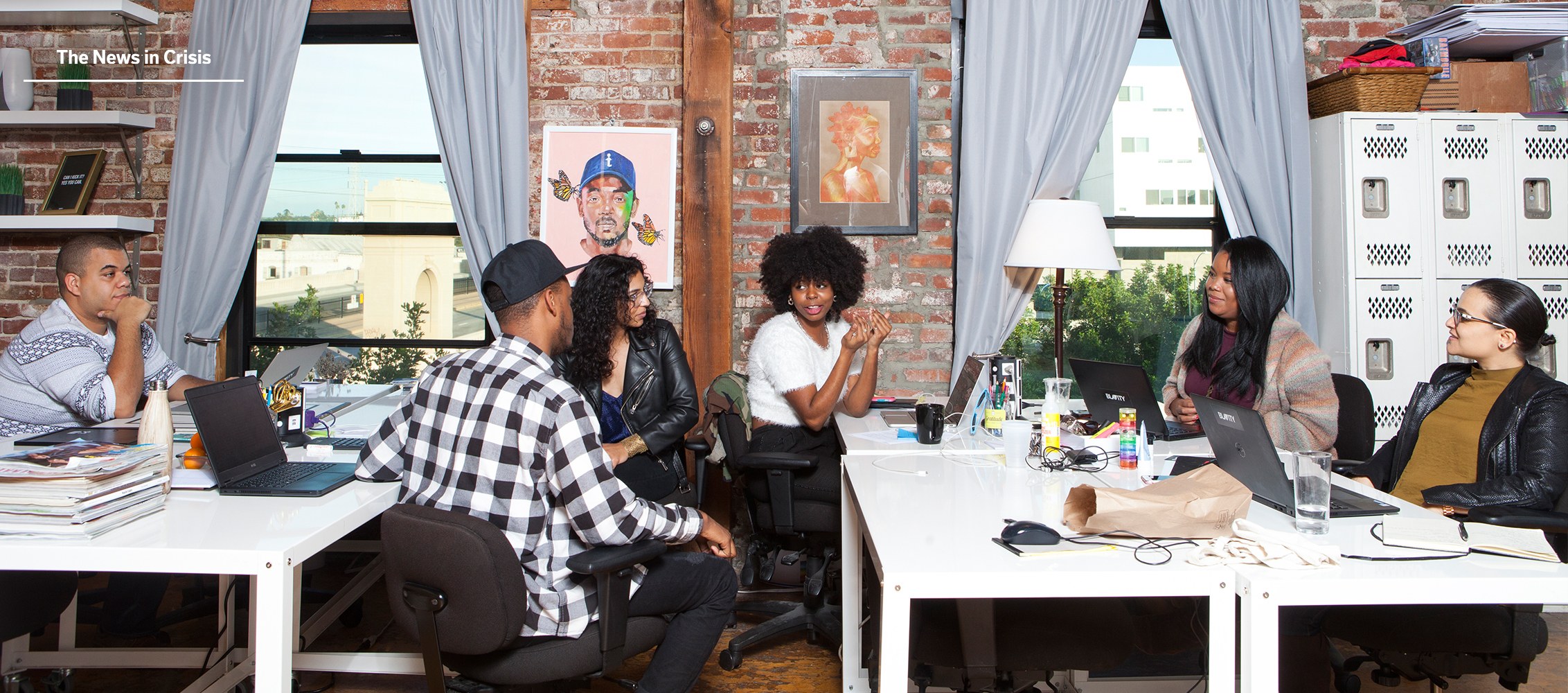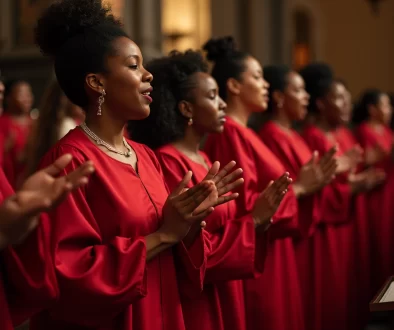Inside Blavity, the Startup on a Quest to Be THE News Source for Black Millennials | WIRED
The “BuzzFeed for black millennials” is providing a voice for the underrepresented.
WHEN MORGAN DEBAUN was a student at Washington University in St. Louis during the early Obama years, she and a handful of friends often found themselves at this one lunch table in a campus cafeteria. It was big and round, whereas the other tables in the cafeteria were long and rectangular, and it was perfect for the hours the group spent talking about what shows they were watching, what music they were listening to, and whatever was happening in the news or around campus. They were among the very few black students at the predominately white university, and the table became a place of both sanctuary and celebration. Over time, other black students would drift into their orbit and join the conversation. It almost felt like gravity—or what DeBaun came to think of as black gravity.
That was six years ago, and today DeBaun is the CEO and cofounder of Blavity, a three-year-old media and tech company that’s been described as “BuzzFeed for black millennials.” With 17 full-time staffers in its LA offices, Blavity publishes articles with titles like “From Trayvon Martin to Alton Sterling: Tears That Never Dry” and “Why Atlanta Is the Most Authentically Modern Black Experience on TV Right Now.” At the core of the site is the sense of community DeBaun found at the round table. “Our audience likes to talk to each other,” she says. “You can’t just say, ‘Beyoncé released an album.’ They want to talk and argue about it. So how do we facilitate that engagement?”
Part of her strategy is a reliance on user-generated content. Roughly 60 percent of the articles and videos on the site are submitted by readers, then edited by Blavity’s staff. To DeBaun, this isn’t just free content that invites readers into the editorial process—it’s journalism created by and for her target audience. “The people who make the best content on Instagram and Twitter are usually black,” she says. “With Blavity we built a platform to showcase that creativity.”
When a series of racist texts were sent to black students at the University of Pennsylvania after Donald Trump’s election victory, Blavity didn’t link to or rely on reporting from, say, The Philadelphia Inquirer (with its 86 percent white newsroom); it published “Reflecting on Racism at UPenn: A Call to Action From the Front Lines,” written by the director of the college’s Black Cultural Center and featuring on-the-ground, in-the-room-where-it-happened details about the incident and its aftermath. “Black people are being attacked at an institutional level,” DeBaun says. “Blavity having scale, and being able to distribute their stories, will be really powerful, especially now.”
With the launch this past November of Afrotech, a summit in San Francisco for black people in tech, Blavity is expanding its reach into another community where, as in journalism, people of color remain painfully underrepresented. DeBaun and her growing team at Blavity have another future in mind.
Source: Inside Blavity, the Startup on a Quest to Be THE News Source for Black Millennials | WIRED




